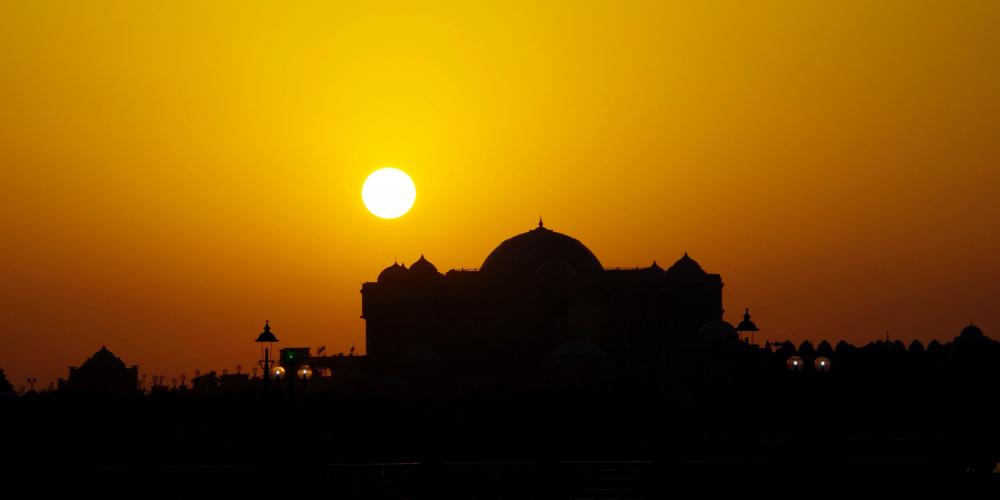
Defining and Identifying Middle Eastern Christian Communities
This project explored migrant experiences of Middle Eastern Christian communities in Europe to identify the cultural encounters taking place and to examine their impact on defining and shaping identities.
The presence of Middle Eastern Christian communities in Europe is a novel field which can add to current understandings of the categorisation of migrants and its implications on integration and the construction of identity within migrant groups.
The case studies of the Coptic Orthodox (sub-state but global identity), Assyrians/Syrians (transnational supra-state identity) and Iraqi Christians (state identity) offer several strategies of identity construction, including diasporic, particularistic and national. These in turn are shaped by existing integration strategies and church-state relations. The selected countries of Denmark, Sweden and the United Kingdom allow a cross-country comparison of these cultural encounters, while exploring the transnational nature of the communities.
Using core but contested concepts, notably identity, minority, diaspora, transnationalism and integration, the project sought to advance knowledge on the following questions:
- What are the cultural encounters experienced by Middle Eastern Christian migrant communities? The project explored the factors that determine identity strategies.
- How do Middle Eastern Christian communities negotiate cultural encounters? The project examined the internal debates within the communities relating to these cultural encounters, taking into account that different communal actors compete for influence and that variables such as gender, generation and migration patterns also have an impact.
- What are the implications of how cultural encounters with Middle Eastern Christian communities are perceived in the countries of residence? The project aimed to identify the perceptions of these encounters at both state and societal level.
- How are cultural encounters translocated into new environments? The project explored relations between the Middle Eastern Christian communities and other migrants from the homeland.
The project involved fieldwork at the following sites:
- United Kingdom: London, Kirkcaldy
- Denmark: Copenhagen, Aarhus
- Sweden: Stockholm, Sodertalje
Through interviews, fieldwork, survey, archival research and workshops, this project examined Middle Eastern Christian migrant experiences from social, cultural and political perspectives. It analysed the implications of these encounters, contributing to a wider understanding of the impact of faith-based communities on European states and societies.
For further details, please visit the project website
Dr Fiona McCallum
Project Leader
University of St. Andrews
United Kingdom
Project Partners
Dr Fiona McCallum
Project Leader
University of St. Andrews
United Kingdom
Dr Alistair Hunter
University of St. Andrews
United Kingdom
Dr Lise Paulsen Galal
Roskilde University
Denmark
Dr Marta Wozniak
University of Lodz
Poland
Associate Partners
Doris Peschke
Churches’ Commission for Migrants in Europe
Belgium